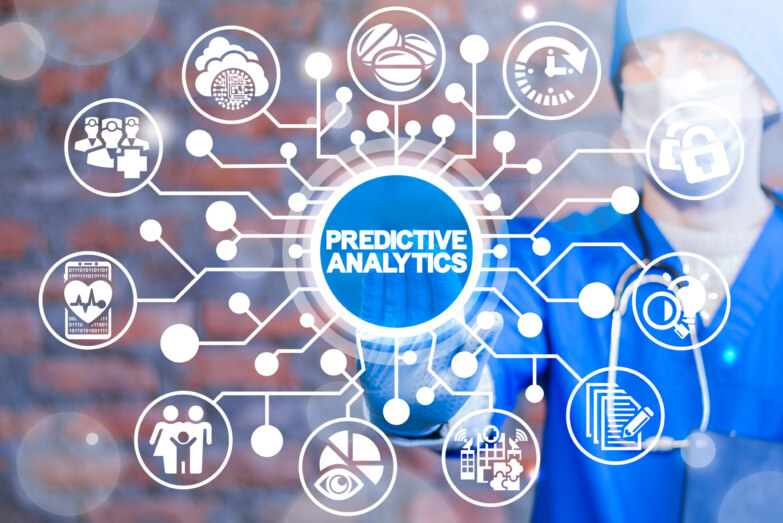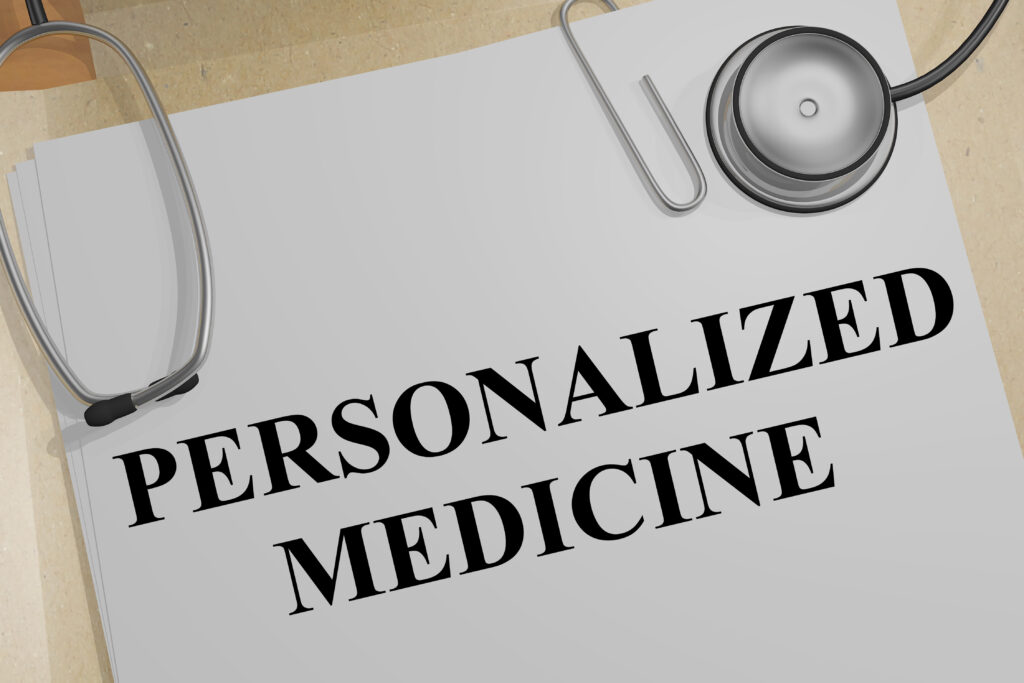Big Data and Predictive Analytics in Healthcare
Understanding data helps people gain a better grasp of their surroundings, including what has transpired, why it occurred, where things are heading, and what defines a significant change. Big Data and Predictive Analytics is a rising trend in Healthcare that gives providers and patients deeper insights into all aspects of the level of care being delivered and received.
What is Big Data?
Big Data refers to sets of information that are too large or complex to be processed by traditional data processing applications. The data contains greater variety, arrives in increasing volumes and with more velocity – typically referred to as “the three ‘V’s”. These large volumes of data inundate business daily, creating the need to extract meaning from this data in order to gain actionable insight and competitive advantage.
In the healthcare industry, providers have amassed vast amounts of data such as health records, medical imaging, research findings, wearable device feedback, etc., and the amount of data continues to increase. The use of Predictive Analytics can help convert all of this data to useful information.
What is Predictive Analytics?
Predictive Analytics is a powerful tool driven by big data to make predictions on potential outcomes based on past outcomes. Within healthcare, predictive analytics can analyze a massive amount of past patient cases, their treatment plans, and the results of those treatment plans then make predictions on outcomes of the current patient based on different treatment options.
The healthcare industry can use predictive analytics to support overall decision-making, increase patient outcomes, and relieve the burden on healthcare professionals. Predictive analytics in healthcare has become increasingly important due to the adoption of artificial intelligence to advance care and improve results.
How Big Data and Predictive Analytics is Used in Healthcare
Predictive analytics is a strategy that uses load forecasting, a method to identify events with a high likelihood of happening that applies a combination of both historical data and probability. In a hospital setting, these types of forecasts can have a wide range of applications from patient health to hospital efficiency.
Throughout every stage of a patient’s experience, from diagnosis to prognosis to therapy, predictive analytics can benefit the patient by providing an effective way to monitor patient health. The Veterans Health Administration (VHA) created the Care Assessments Needs (CAN) score that uses predictive analytics to analyze 90 input variables. Based on these 90 input variables, the CAN score assesses patient risk on a scale from zero to ninety-nine. Out of 4,598,508 VHA primary care patients, the CAN score accurately predicted hospitalization and patient mortality with a 0.84 and 0.86 accuracy rate under the curve respectively.
This is just one example of doctors benefiting from predictive analytics to help them make medical judgment calls and examine large amounts of data effectively. Practitioners have experienced improvements for both themselves and their patients due to incorporating predictive analytics into the healthcare system.
Personalized Healthcare
Patients’ outstanding health records, lifestyle, social health conditions, genetics, and distinctive biochemistry are all considered in personalized healthcare. However, an individual doctor cannot reliably digest and assess this massive set of data. So, predictive analytics can use big data to digest and assess this information that would otherwise be unapproachable. The National Academy of Medicine reports an “unprecedented opportunity” for using big data, AI, and predictive analytics in healthcare.
The Benefits of Big Data and Predictive Analytics in Healthcare
Professionals have experienced improvements due to incorporating predictive analytics into the healthcare system.
Decision-Making
Patients respond differently to different treatments, particularly when it comes to chronic conditions. Experts recommend that socioeconomic determinants of health get considered while developing machine learning algorithms to make predictive analytics more successful. Providers should consider the patient’s overall health to acquire a complete picture of their risks. This option includes aspects such as socioeconomic status and environmental conditions.
When these considerations get factored into predictive analytic machine learning algorithms, health care providers can better understand how to handle chronic conditions and propose options for treatment that take into account these circumstances. Although still on the cutting edge of technology, an American Journal of Preventive Medicine article found an increase in the performance of identifying cardiovascular disease with machine learning.
Improve Patient Outcomes
Using predictive analytics in healthcare seems to improve patient outcomes. Predictive analytics algorithms can be designed to provide insight into patient characteristics that can help identify potential pharmaceutical complications. One study published in the American Journal of Health-System Pharmacy found success in applying predictive analytics in medication management. The predictive analytics solution used was able to identify patients with a high risk of medication noncompliance. It also identified potential adverse effects a patient might experience with specific medication based on a wide range of data an individual doctor would not be able to process.
Ease for Healthcare Workers
Even though big data analytics has improved patient care and efficiency, healthcare staff may experience data fatigue from negotiating an ever-expanding volume of information. Big data and predictive analytics can help ease this burden by providing a system for data analysis and helping improve operational efficiency at a hospital.
Predictive analytics can provide hospitals with real-time monitoring of staff performance. With this real-time monitoring, hospitals can better assess staff fatigue based on performance. Based on the information, hospitals can then make decisions regarding the optimal break times and shift lengths for hospital staff to enhance operational efficiency and patient care.
Custom Software Development
Proper healthcare, obviously is vital to a modern, productive society, so it is essential to take care of both the healthcare provider and the patients or clients. With predictive analytics, this is possible.
i3solutions specializes in custom software development and predictive analytics to meet the needs of the healthcare industry. Our development experts can help your organization expand or upgrade existing infrastructure, providing new capabilities that take advantage of cutting-edge services and equipment. Custom software development provides unrivaled security and customizable features geared toward healthcare industry specialties and strict compliance requirements. We can help you gain meaningful insights from your data for improved decision-making capabilities.
Why work with i3solutions?
i3solutions has 25 years of experience helping organizations implementing custom applications and data analysis and visualizations tools.Our iterative and client-involved project development approach based on Agile methodologies delivers continuous value throughout the project and ensures your solution meets your needs now and well into the future Contact us today to find out how predictive analytics can work for you.
Leave a Comment




